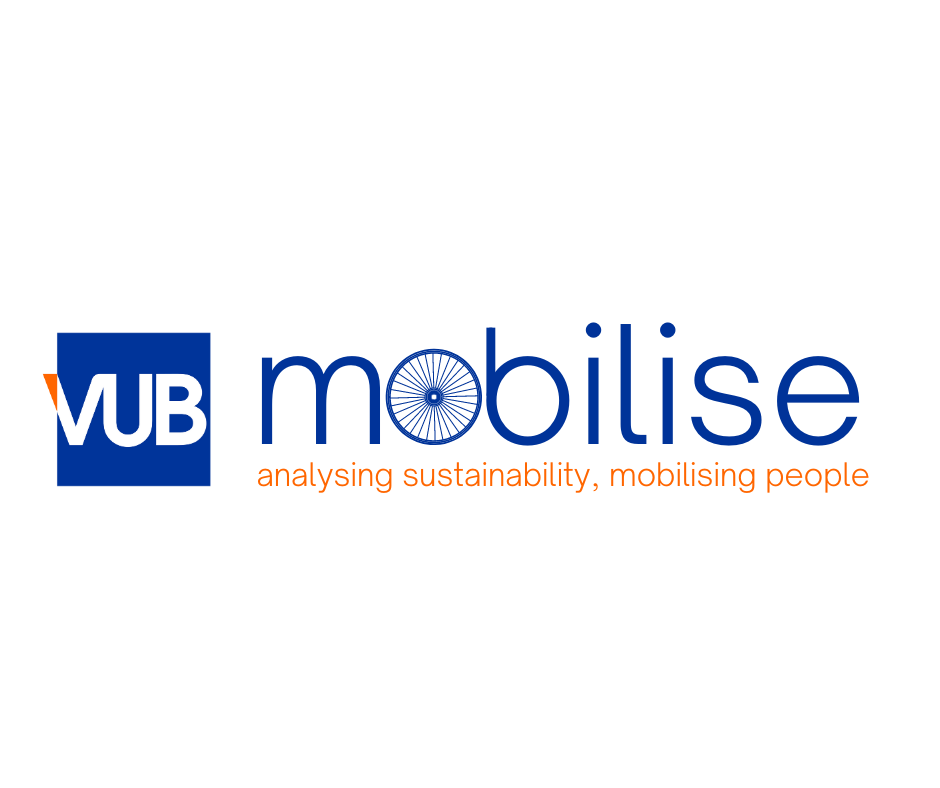
The MASTERCOM project (Mastering Sustainable Commute Plans) will run for 1 year, starting in January 2023. Within this project Mobilise will be responsible to compile current academic knowledge and best practice in the fields of commuting, company mobility management and flexible employment arrangements, design course contents and contribute to the toolkit design.
Description of the project:
Commuting is mostly car-based (50%) and it is responsible for 25% of CO2 emissions in Europe (Giménez-Nadal et al. , 2022). The current commuting pattern impacts not only cities’ sustainability, but also employee well-being, job satisfaction, companies' producvity, their ability to attract and retain staff and their environmental footprint.
Additionally, the COVID-19 crisis and the new mobility alternatives such as shared and on-demand mobility have accelerated the transformation of the mobility of employees, whereby flexibility (in location, schedule, work scheme, transport mode) became a keyword. Inducing more sustainable travel behaviour will benefit everyone: cities, companies and employees. By implementing a travel plan, many companies across Europe have demonstrated that they can transform their employees´daily commute from a car-based one to a more sustainable one. Unfortunately, a successful travel plan is more the exception than the rule.
The MASTERCOM training will provide the necessary knowledge and tools for mobility managers to create a commuting strategy that really works and transforms travel behaviour, based on the latest academic and practice-based knowledge. Specifically, the course MASTERCOM aims to train multiple companies based in Europe in the consolidation of an effective commuting strategy, aligned with their sustainability and CSR strategy. This training will have a blended format with asynchronous, synchronous online sessions and an on-site session. The training is built on a three step approach of theory-practice-sharing: Commuting plans in theory: the initial phase of the course will be asynchronous and it aims to transmit scientific knowledge in terms of impact, effectiveness and potential of commuting strategies, including the latest mobility trends and strategies, such as travel behaviour change, flexible employment arrangements, active mobility, e-mobility, parking solutions, among others. Commuting plans in practice: The second part of the course considers a practical approach. First, a set of asynchronous sessions will cover the key aspects of the plan: such as the design, implementation, management, communication, and gamification. Secondly, the role of tools and solutions available on the market for the implementation of travel plans will be presented. Lastly, through synchronous sessions; 1) real case studies will be presented and analysed 2) The keys of a successful commuting plan will be presented and discussed. As part of the educational methodology, and as a result of this module, participants will design a simplified version of their travel plan.Commuting plans sharing: Finally, an on-site event will be held, creating an environment for the exchange of best practices where companies can have the opportunity to learn from those that stand out for their results in Europe. This event will also serve to disseminate the toolkits, materials and the parcipants' project.
The MASTERCOM course content, target audience, goals and methodology are aligned with the Strategic Objectives of the EIT Urban Mobility Strategic Agenda 2021-2027 and it is designed to induce in the short-term a social impact through the implementation of commuting mobility strategies. Firstly, the course content will close the knowledge gap (S02) in the design of commute plans, based on a comprehensive review of the state of the art and the state of the practice, creating an urgency to take action for greener commuting. The aim of MASTERCOM is to motivate and train companies to implement corporate policies that contribute to long-term travel behaviour change (S05). With the right knowledge and tools, participating companies will be able to design and implement commute solutions that effectively contribute to green, safe and inclusive mobility for people and goods (S03). The transformation of commuting to work into a greener and safer one, which accounts for 25%-50% of travel moves in Europe, has the potential to improve the liveability of urban spaces across european urbes.
The project is expected to support the decarbonisation strategy of the EU and it will contribute to improve the liveability of cities. Since commuting by car is one of the major sources of carbon emissions and air pollution in European cities, the project will help to design company mobility policies that can support the reduction of commuting through flexible work arrangements, shifting peak-hour commuting to other time periods and more sustainable modes and reducing the commuting distance.
The social impact of the project will be facilitated through capacity building and awareness raising among employees about the impact of commuting and the ways they can change their behaviour. Training company mobility managers about the possible positive impacts of flexible commuting arrangements and active commuting on well-being and health is expected to improve employee wellbeing in the companies where the training is organised.
As for economic impacts, since finding and retaining qualified staff has recently become increasingly challenging, the new insights into the motivations of employees to embrace flexible work arrangements and new commuting habits will help employers to create the appropriate HR and company mobility policies (e.g., flexible mobility budgets adapted to employee needs) to attract and retain staff, which is a prerequisite of sustainable economic growth. Improving the image of companies through corporate social responsibility can also lead to direct economic impacts at the company level through increased sales, decreased costs (e.g. for parking provision or office space).
